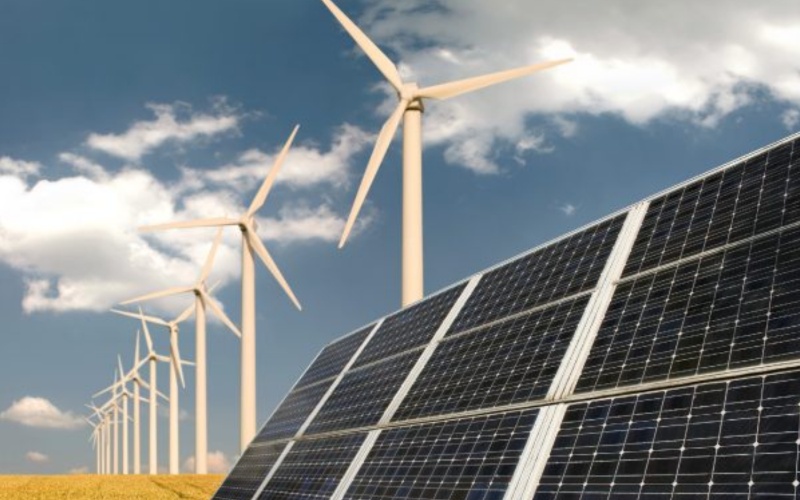The Federal Government has said the African continent should not copy the global energy transmission template but be allowed to define and draw up plans for its transition agenda based on its needs.
The Permanent Secretary, Ministry of Petroleum Resources, Mr Gabriel Aduda, stated this at the Offshore Technology Conference Africa Energy Delegation forum, recently organised in Houston, Texas, United States of America.
Aduda said fossil fuels would still be relevant for decades to come and Africa could only commit to cleaner processes of extraction and production.
He said, “We must also be careful not to create a new problem while trying to solve another because pursuing renewable energy agenda, would mean a hike in mining activities for aluminium, cobalt, lithium, and nickel, among others. We must ensure cleaner ways of mining of the minerals that would create the equipment for renewable energy which include solar panels and wind turbines.”
He said that energy companies operating on the African continent faced a unique set of challenges in the wake of the ongoing transition to a more sustainable and resilient energy system.
According to him, the challenges included meeting growing energy demand, reducing the carbon footprint of their operations and adapting to the effects of climate change.
“To address these challenges, energy companies are developing resilience and sustainability policies that aim to ensure the long-term viability of their operations while minimising their impact on the environment,” he said.
Aduda added that energy companies were increasingly investing in renewable energy sources, such as wind, solar, and hydropower, which helped to reduce their reliance on fossil fuels and lower their carbon footprint.
The Permanent Secretary said that many companies were also exploring new technologies such as energy storage and smart grids to optimise the use of renewable energy.
He said, “Energy companies are implementing energy efficiency measures in their operations to reduce their energy consumption and lower their costs. This includes measures such as upgrading equipment, improving insulation, and implementing energy management systems.
He said that energy companies were increasingly recognising the importance of social responsibility in their operations.
According to him, the Petroleum Industry Act in Nigeria was strong on protecting the environment and partnering with the host communities for sustainability.
Aduda said that the PIA provided clear requirements for working closely with the communities and inclusion in the operations of oil companies.
He added that energy companies were developing resilience plans to ensure the continuity of their operations in the face of natural disasters and other disruptions.
He said, “This included measures such as backup power systems, emergency response plans, supply chain diversification and efficiency. In addition to these specific policies, energy companies are also working to build partnerships with other stakeholders, including governments, NGOs and local communities.”
Aduda noted that to address the unique challenges of the African energy market, the collaborative approach was essential to building a more sustainable and resilient energy system that could support economic growth and development in the region.
SOURCE: THE PUNCH


